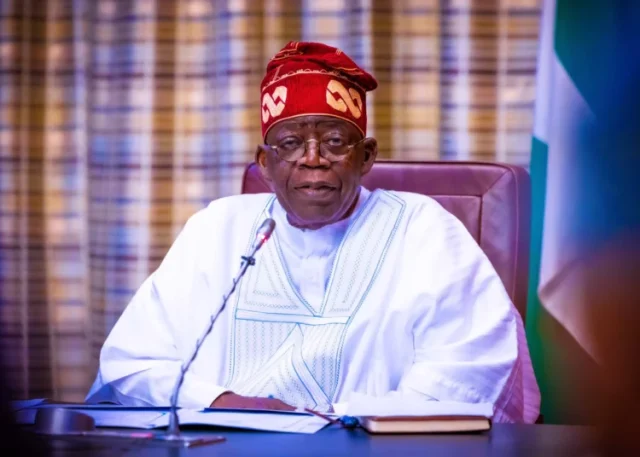Vice President Kashim Shettima has said that Nigeria is undergoing a process of transformation under President Bola Tinubu, with efforts focused on rebuilding institutions, refocusing policy, and opening markets.
Speaking on Wednesday at the Nigeria–Brazil Business Forum in Abuja, themed “Roots to Revenue: The Nigeria–Brazil Corridor,” Shettima described the country’s current direction as deliberate and grounded in long-term goals.
“Under the leadership of President Tinubu, Nigeria is undergoing a quiet but resolute transformation. Markets are being opened; institutions are being rebuilt; policies are being refocused,” he said.
Shettima called for deeper collaboration with Brazil, describing the South American country’s experience in agriculture, infrastructure, and energy as a useful model for Nigeria’s development goals.
“Our Special Agro-Industrial Processing Zones are taking form. Our farmers are ready to operate at scale. But we know the difference between going alone and going far. Brazil can stand with us in this effort, not as a donor but as a partner in innovation, training, and investment,” he said.
He also acknowledged Brazil’s advancements in clean energy and its relevance to Nigeria’s transition plans. “We are harnessing our gas reserves to power our industries and transportation, while also advancing our renewable energy ambitions,” he said.
The Vice President said Nigeria welcomed partnerships in human capital development, particularly in vocational training, research, and technical exchange. “We welcome the opportunity for institutional partnerships that promote training, research and the exchange of knowledge in sectors where Brazil has built strength, and in areas where Nigeria is gaining ground,” Shettima said.
Brazil’s Vice President Geraldo Alckmin, who was also present at the forum, said the moment marked a significant phase in bilateral relations between the two countries.
“We want this moment to correspond to the production of sustainable partnerships for our people,” Alckmin said, citing agriculture, defence, energy, and innovation as key sectors.
He acknowledged that despite strong historical ties, trade volumes remained below potential. “Our trade is growing, but it can increase tremendously. Brazil is ready to work with Nigeria to build a commercially successful South-South corridor,” he said.
Alckmin referenced the Green Imperative Initiative, a $1.1 billion programme aimed at transferring Brazilian agricultural technology to Nigeria, as an example of bilateral cooperation. He also mentioned plans to explore direct flight routes to Nigeria to facilitate trade and travel.
Nigeria’s Minister of Industry, Trade and Investment, Dr. Jumoke Oduwole, called for a recalibration of the trade relationship, citing the decline in trade volume from \$9 billion to $2 billion over the past decade. “The Nigeria-Brazil corridor is not a nostalgic idea; it is realistic and achievable,” she said.
Oduwole identified agro-industrial value chains, the creative economy, pharmaceuticals, and digital trade as priority investment sectors, and said the government had introduced a digital portal to improve project tracking and investor engagement.
The Director-General of the Presidential Enabling Business Environment Council (PEBEC), Princess Zarah Mustapha, added that reforms at the sub-national level would be crucial to attracting investment.







